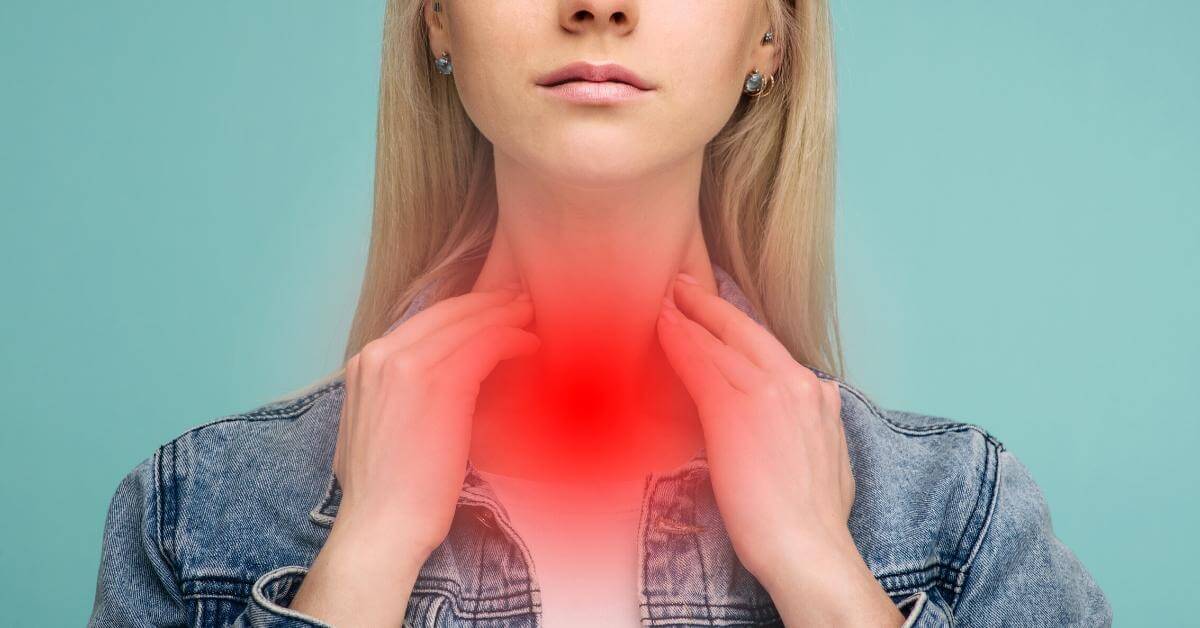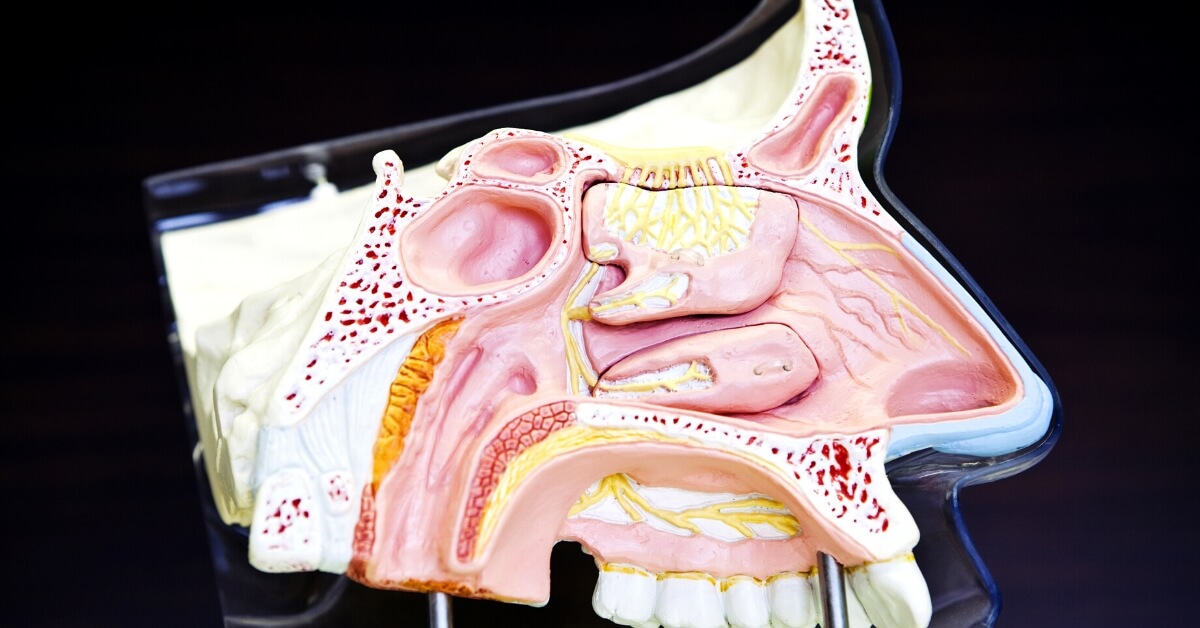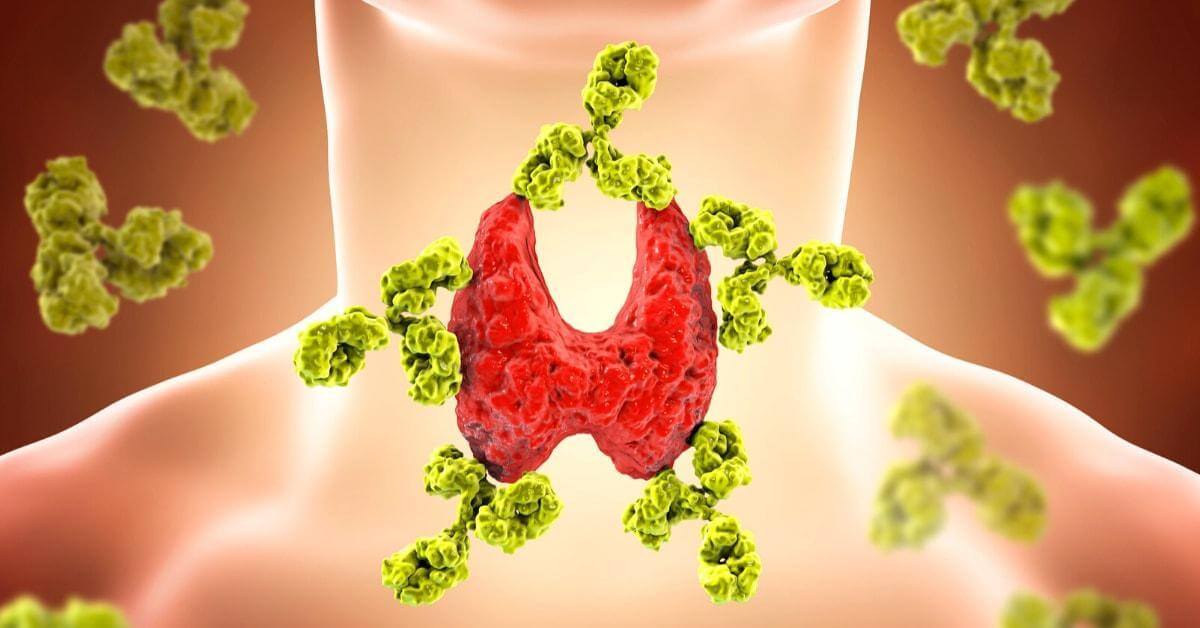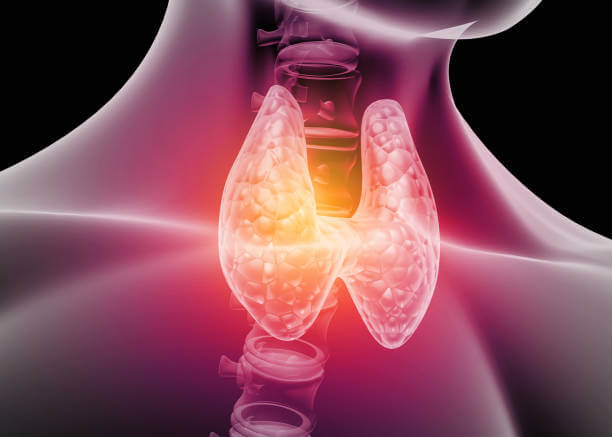Hypothyroidism: the cause, treatments, and who is likely to suffer from it?
This blog post may contain affiliate links. If we find a product or service to be useful, we encourage you to visit the website via that link. If you make a purchase through our referral link, we may receive a commission. Rest assured, you will not be charged any additional fees. By using these links, you can support us while making your purchase. For more information visit here.
Hypothyroidism. It’s a term you often hear when people struggle to lose weight, but what is it? How do you get over it, and how is it treated? So let’s talk about hypothyroidism, its causes, and the right treatments.
What is hypothyroidism?
In simple words, hypothyroidism is a condition where the level of thyroxine hormone in the blood falls. Since this hormone keeps the body’s metabolism working correctly, you will probably experience weight gain and many other symptoms if you don’t have the right amount. It produces thyroxine in the thyroid gland, a small butterfly-shaped gland located just in front of the windpipe in the neck. If the thyroid doesn’t create enough thyroxine, our bodies’ functions slow down.
Who is likely to suffer from an underactive thyroid?
Unfortunately, women suffer from hypothyroidism more than men, with 1 in 50 women expected to develop the condition compared to 1 in 1000 men. While it usually develops in adulthood, becoming more prevalent with the growing years, it can occur at any age. This disorder can affect anyone, with some babies born with congenital hypothyroidism.
What are the symptoms of hypothyroidism?
It associates several common symptoms with an overactive thyroid. These include feeling more tired than usual, weight gain, fluid retention, muscle aches, dry skin, lifeless hair, and chills. However, you may not experience them all at the same time. Less common symptoms include decreased sexual drive, carpal tunnel syndrome, and a hoarse voice.
How does this work?
The leading cause of hypothyroidism in the world is an autoimmune disease known as autoimmune thyroiditis or Hashimoto’s disease. Where antibodies produced by the immune system bind to the thyroid gland and prevent it from producing the proper levels of thyroxine.
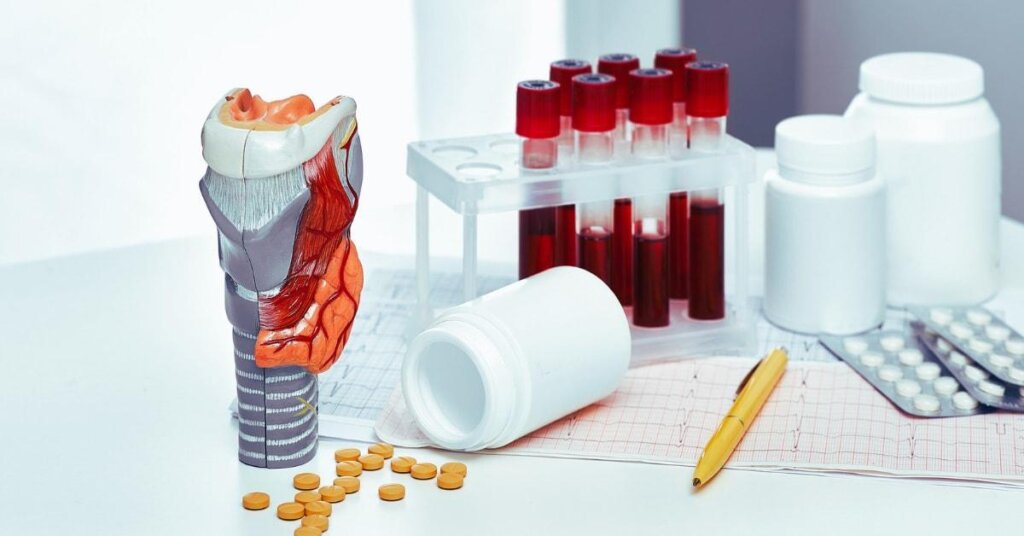
How is it diagnosed and treated?
It can diagnose an underactive thyroid through a simple blood test that measures thyroid-stimulating hormone levels in the blood. Higher than normal levels show the thyroid is not producing enough thyroxine. They can diagnose an underactive thyroid by low levels of Thyroxine (T4).
Although anyone can’t cure the condition, they can treat it with daily doses of the synthetic thyroid hormone levothyroxine. This can reverse symptoms in as little as 7 to 14 days. Once you have started this treatment, you will take it for the rest of your life. You will need to undergo yearly checkups to make sure that the dose is still relevant for your body.
What are the effective treatments for hypothyroidism?
Hypothyroidism refers to the thyroid gland’s ability to produce enough thyroid hormone, thyroxine, to keep the body healthy. It is a widespread condition worldwide, with approximately 1 in 50 women and 1 in 1000 men experiencing problems with their thyroid in their lives.
Unfortunately, it is a condition that no one can prevent. The most common cause is an autoimmune reaction, where the immune system attacks the thyroid, thus stopping it from producing enough thyroxine. However, the condition can’t be prevented or cured. A daily dose of hormone pills can replace the thyroxine that is missing from the body.
Synthetic thyroid hormone
The most common treatment for hypothyroidism involves taking tablets that contain the synthetic thyroid hormone Levothyroxine. This oral medication works to restore optimal hormone levels and thus reverse the symptoms associated with the condition. The treatment works relatively quickly, with most recipients seeing an improvement in their symptoms within 7 to 14 days, especially concerning fatigue.
Levothyroxine also has the effect of lowering cholesterol levels in your blood and may help reverse any weight gain you may be experiencing. You will need to take this hormone replacement treatment for the rest of your life. Although your doctor may check your thyroid-stimulating hormone (TSH) levels annually to ensure you are on the correct dosage.
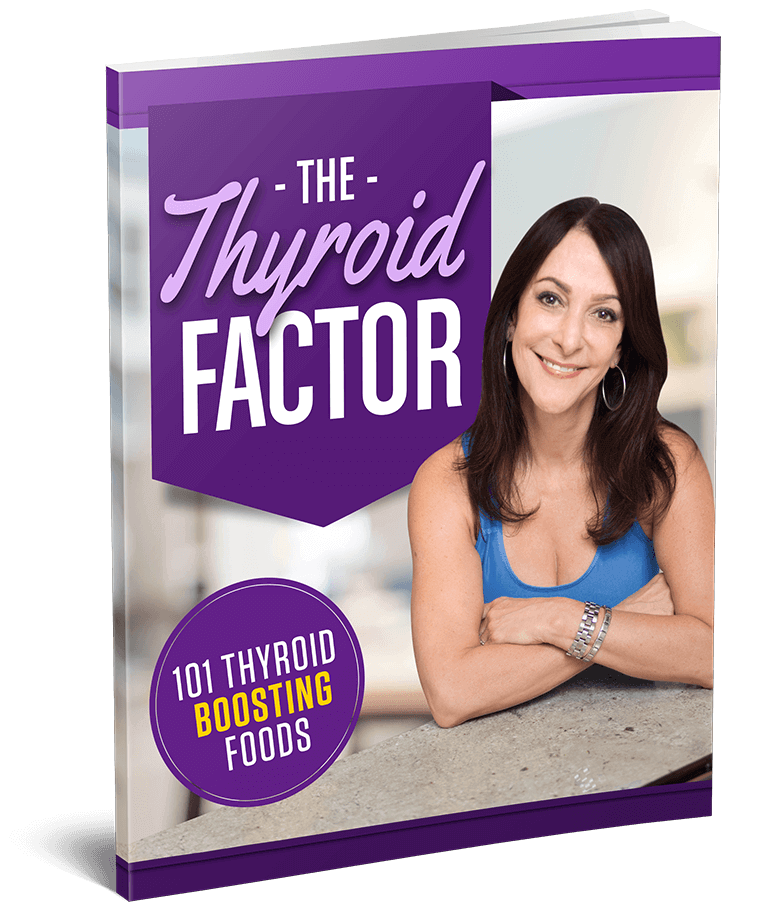
Ensuring proper nutrition
Many alternative practitioners believe that poor nutrition can cause many thyroid issues, including hypothyroidism. They suggest a nutrient-rich diet to reverse the effects or reduce any decline in thyroid function. It is essential to prevent thyroid disorders. Since a healthy thyroid depends on various nutrients, particularly iodine, selenium, and folic acid, eating a diet rich in these foods makes sense. Yet, most people can’t get adequate nutrients through diet alone, so supplements are often needed.

You should also include foods that are naturally rich in vitamins. Include whole grains, nuts and seeds, and iodine-rich foods, such as fish, seaweed, vegetables, and root vegetables of all kinds in your meals. If you suffer from hypothyroidism, consult your doctor before taking any supplements.
An excess of certain substances can have harmful effects on the thyroid as a deficiency. Therefore, it would be advisable to take all precautions to avoid such harmful effects. Consulting your doctor is one such precaution and should not be taken lightly.
Did it help you? If you liked this post, let us know. Thank you for reading.
Understanding the importance of copyright law is absolutely vital, as it strictly prohibits any reproduction or replication of works without the explicit permission of the author. Any unauthorized duplication of content will lead to legal action for copyright infringement under Section 14 of the Copyright Act.
